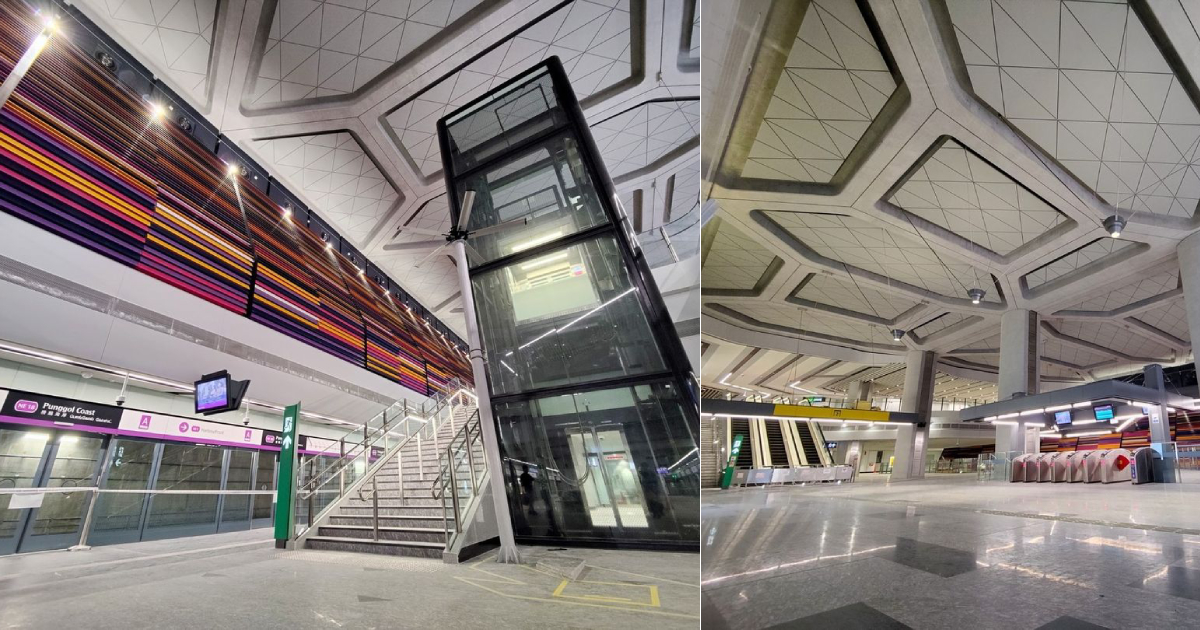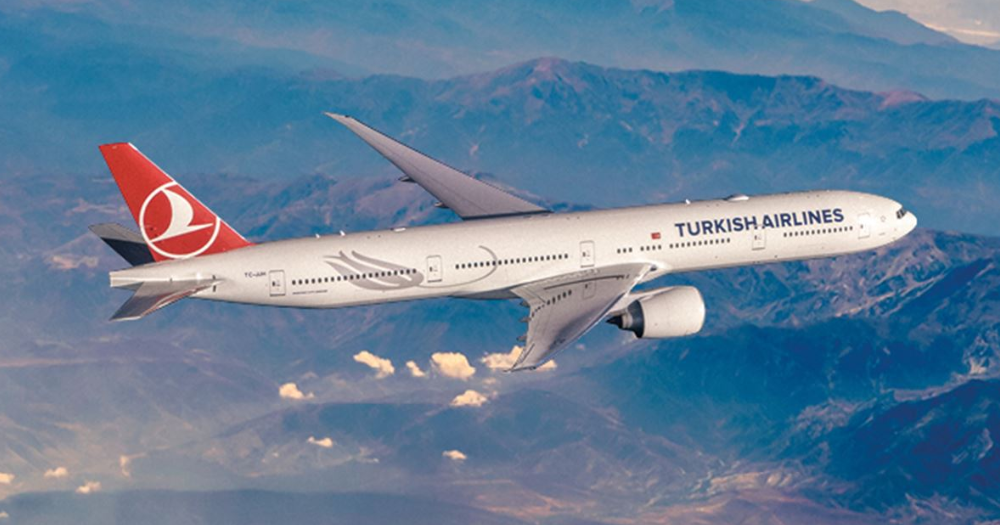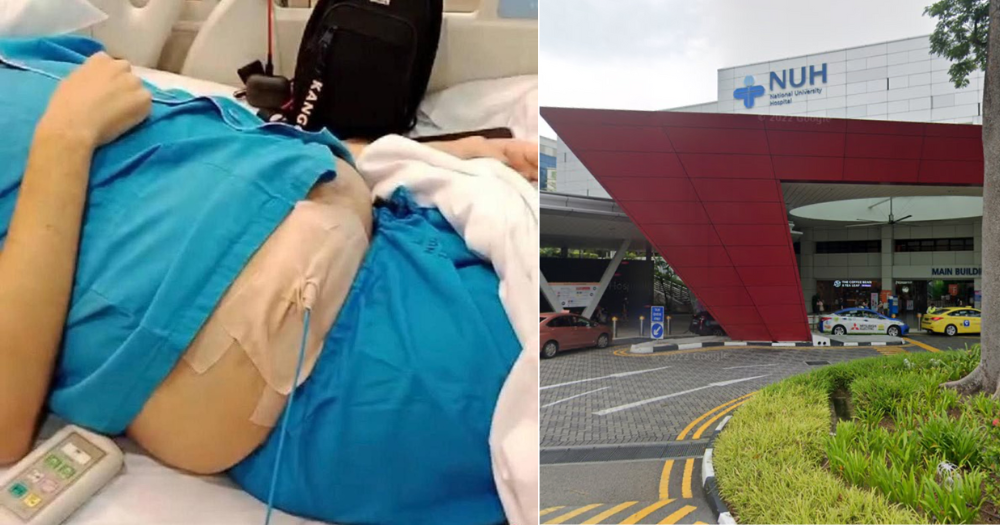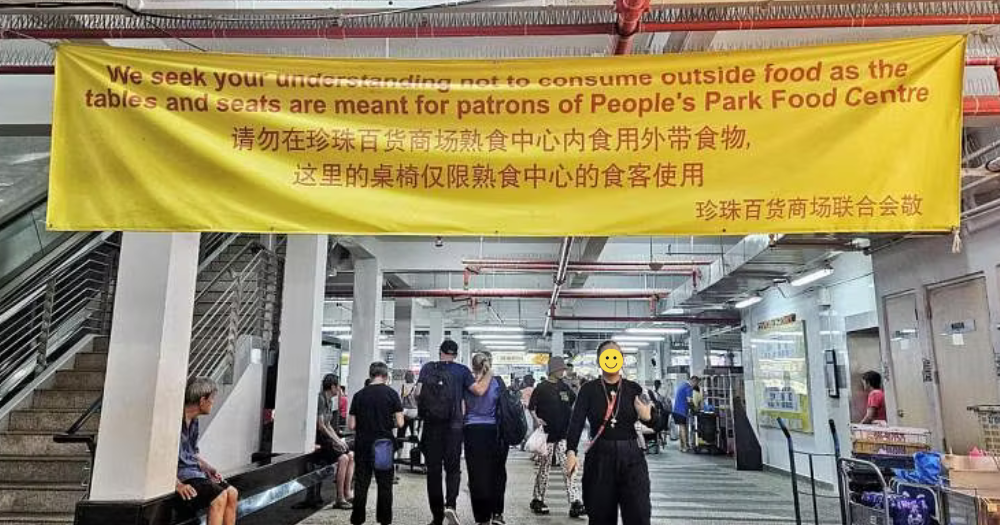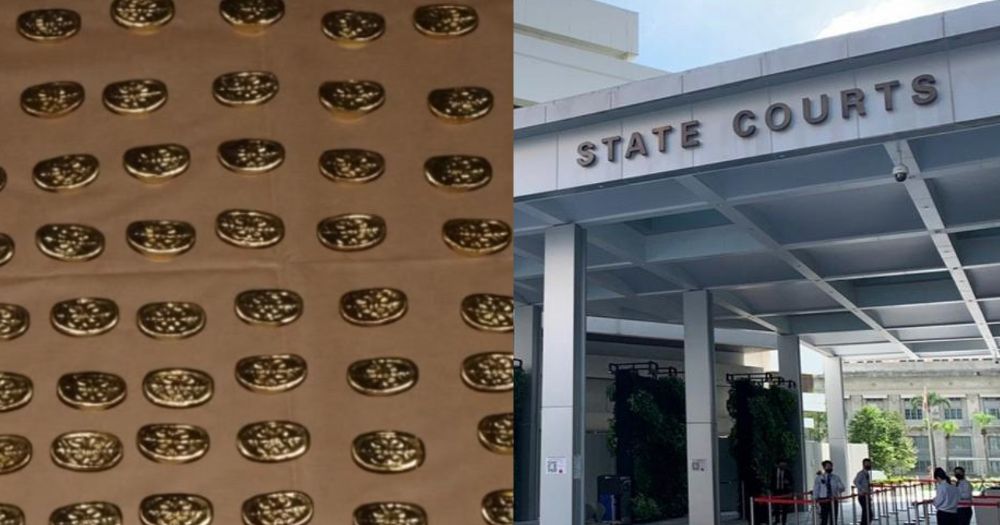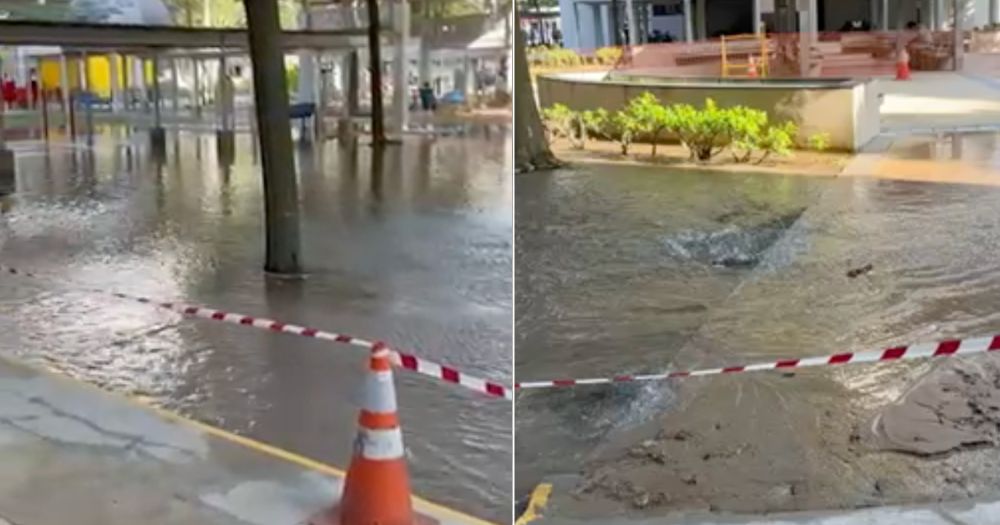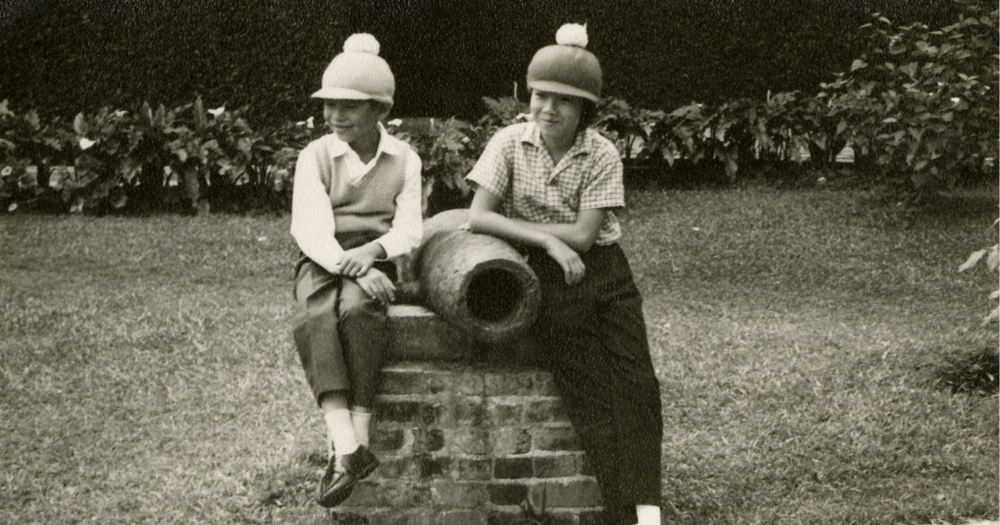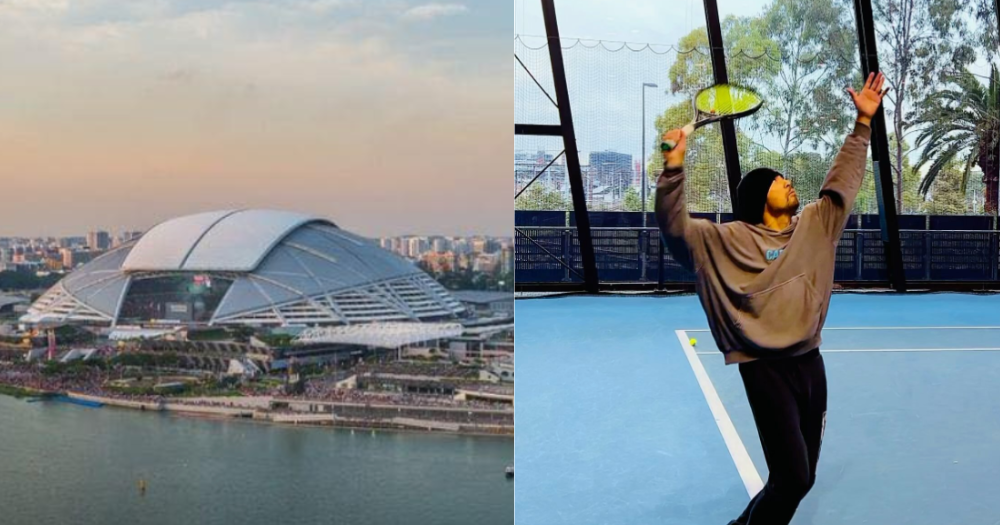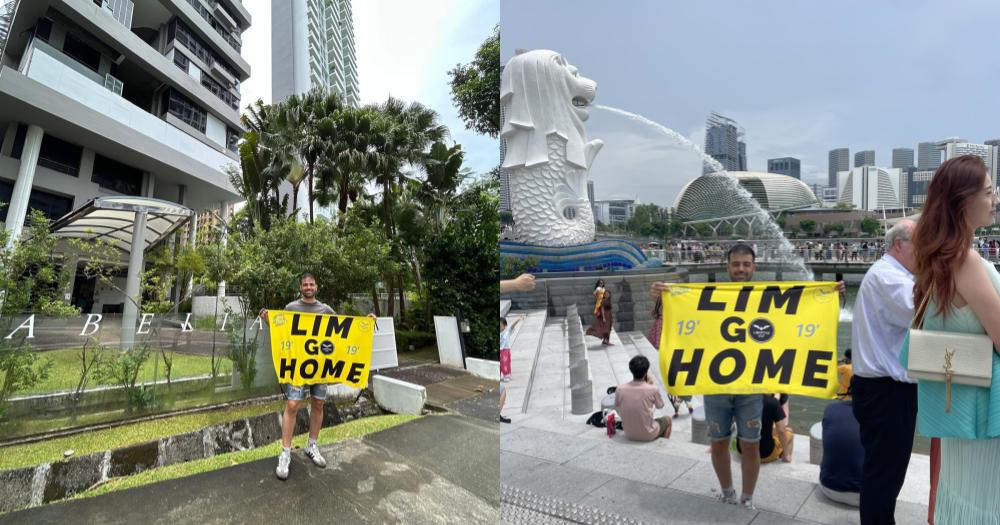Israelis protest in streets, call for general strike to pressure govt into concluding ceasefire & hostage deal
Demanding ceasefire deal and return of hostages.
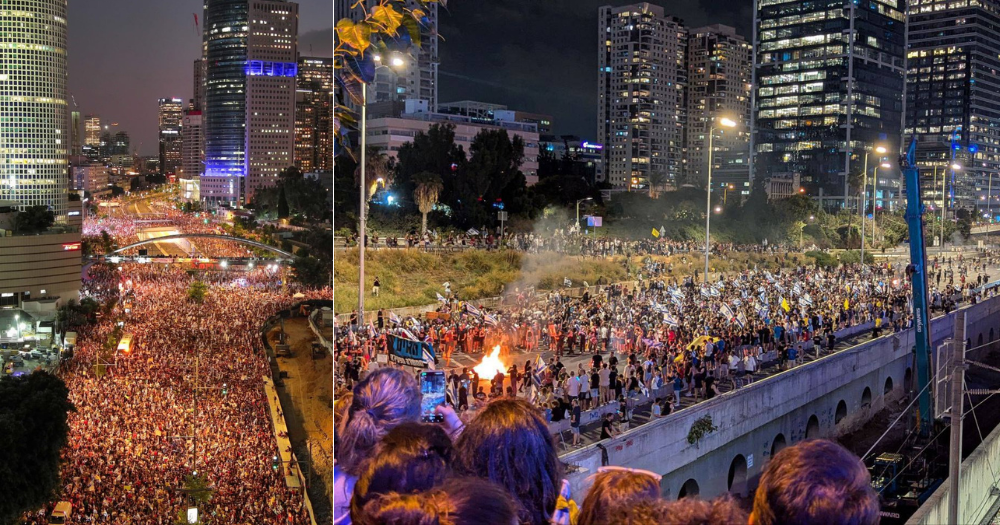
Thousands of protesters took to the streets of Israel, and the head of Israel's biggest labour union called for a general strike on Sep. 2.
This comes after the Israeli military confirmed the death of six hostages abducted by Hamas, the militant group based in Gaza, on Oct. 7. Their bodies were recovered from a tunnel in the Rafah area, Reuters reported.
The protests and strike aim to pressure the Israeli government, demanding a ceasefire deal to retrieve the remaining 101 hostages.
Failure to reach a deal so far
The Guardian reported that the hostages were killed about 48 to 72 hours before their bodies were discovered, citing Israeli's health ministry.
Israel's Prime Minister Benjamin Netanyahu said this indicated Hamas "does not want a deal", placing the blame on Hamas for the failure of the negotiations so far.
He said he is personally committed to achieving a deal that will return the hostages and guarantee Israel's security.
However, The Guardian cited anonymous Israeli security officials, who instead blamed Netanyahu's insistence on retaining control of strategic territory within Gaza, including the "Philadelphi Corridor" along the Egyptian border, for the failure to agree on the U.S.-backed deal that would see the hostages returned and a ceasefire agreed.
Widespread support for a strike
The strike, called by Arnon Bar-David, was backed by Israel's main manufacturers and entrepreneurs in the high-tech sector, said Reuters.
"We must reach a deal (on the return of the surviving hostages). A deal is more important than anything else," Bar-David said in a press conference.
"We are getting body bags instead of a deal."
According to The Guardian, the strike is expected to halt large parts of Israel's economy as government and municipal offices, schools, and many private businesses are due to close.
Ben Gurion, Israel's main transport hub, is due to shut down at 8am Israeli time (1pm Singapore time) for an unknown period.
Israeli schools are expected to send pupils home on Monday morning, and many Tel Aviv restaurants and other private enterprises said they would close in solidarity with the strike and the hostages.
Smotrich wants to stop the strike
In hopes of blocking the strike, Israel's Finance Minister Bezalel Smotrich wrote to the Attorney General, asking to submit an urgent request to Israel's Labour Court seeking an injunction against the strike.
Reuters reported that Smotrich argued that a strike would harm the economy and had no legal basis, as its main aim was to influence significant government policy decisions on issues related to state security.
Smotrich, a noted far-right politician and staunch supporter of Netanyahu, said: "These issues... are not the subject of a strike by labour organisations and there is no connection between them and labour relations in Israel."
Protests on the street
The Guardian estimated 100,000 protesters demonstrated in Jerusalem on Sep. 1, pressuring Netanyahu to reach a ceasefire deal to bring home the remaining hostages.
According to Reuters, the Israeli media placed the number of protesters at up to 500,000.
The protesters blocked the streets and cut off the Ayalon highway, the main expressway through the heart of Tel Aviv.
Wow. Aerial video of massive protest in Tel Aviv, Israel tonight of nearly 300,000 people, demanding a ceasefire hours after bodies of 6 hostages were retrieved from Gaza tunnel. Largest rally since war: pic.twitter.com/2KtqWUk7ef
— Joyce Karam (@Joyce_Karam) September 1, 2024
MORE STORIES










